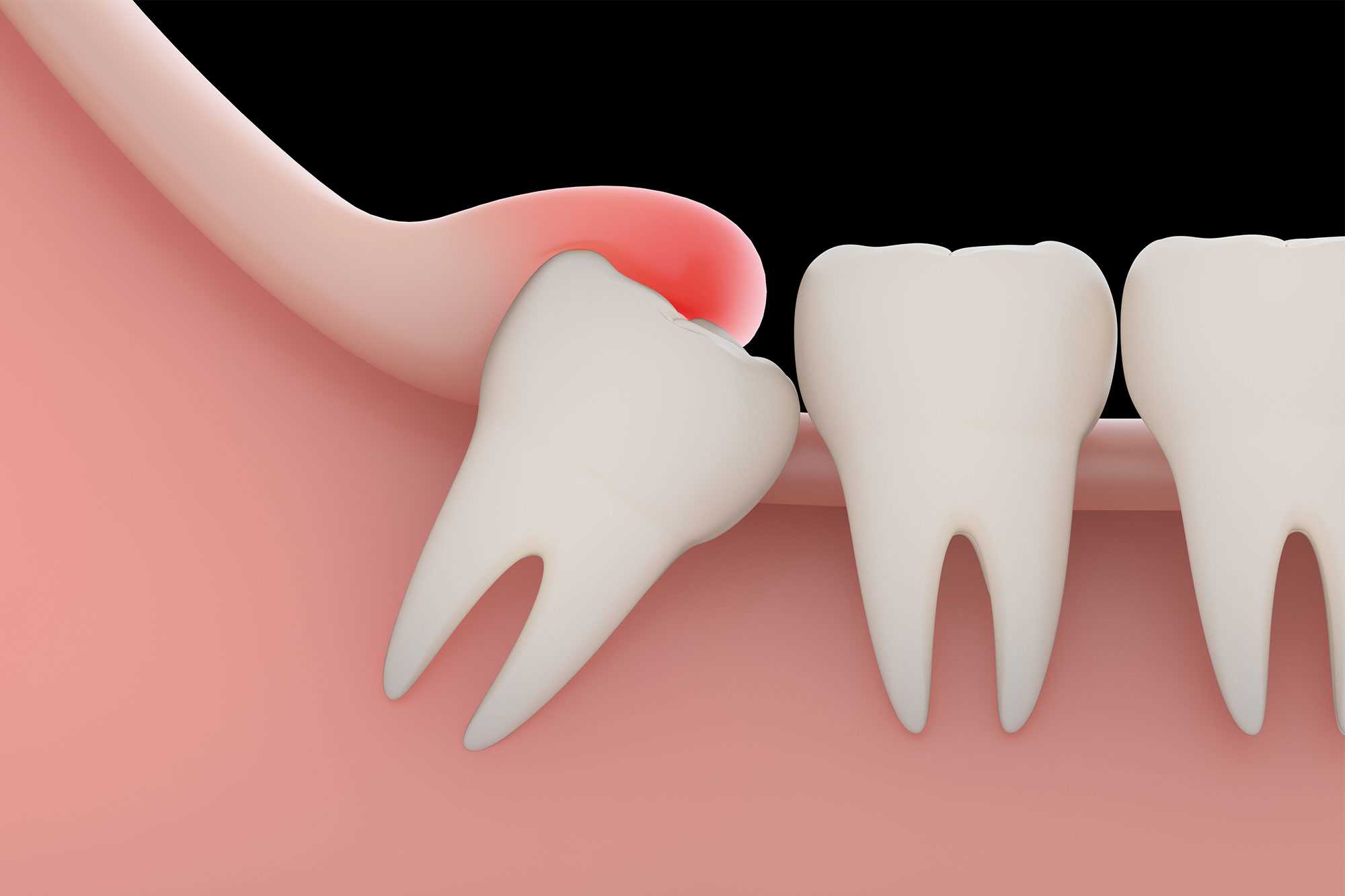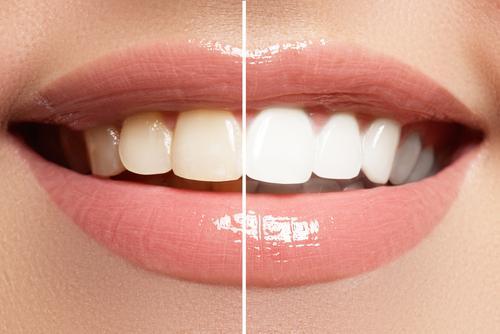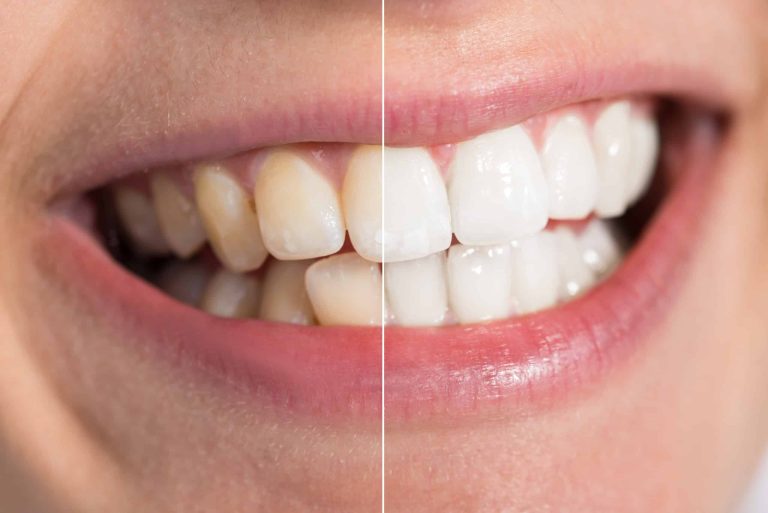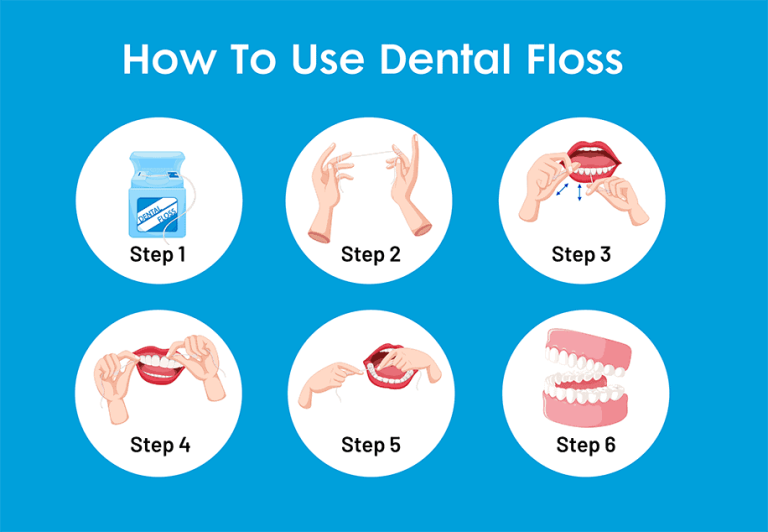how much does it cost to remove wisdom teeth
Wisdom teeth, also known as third molars, are the last set of teeth to emerge, typically during the late teens or early twenties. While some people have no issues with their wisdom teeth, others may experience pain, swelling, or overcrowding, which can lead to the need for removal. The cost of wisdom teeth removal can vary significantly depending on various factors, and it’s essential to understand what influences the overall cost.
Understanding Wisdom Teeth
What are Wisdom Teeth?
Wisdom teeth are the four permanent adult teeth located at the very back of the mouth, with two on the top and two on the bottom jaw. They are the last teeth to erupt, and they typically emerge between the ages of 17 and 25.
Why Do Wisdom Teeth Need to be Removed?
There are several reasons why wisdom teeth may need to be removed:
- Impaction: When wisdom teeth don’t have enough room to fully emerge or grow in properly, they can become impacted or trapped beneath the gum tissue or bone, causing pain, swelling, and potential infection.
- Overcrowding: If the jaw is too small to accommodate the wisdom teeth, they can cause overcrowding, shifting the other teeth and potentially damaging the surrounding teeth or jawbone.
- Decay or Gum Disease: Partially erupted wisdom teeth can be difficult to clean, increasing the risk of tooth decay, gum disease, and other dental issues.
Factors Affecting the Cost of Wisdom Teeth Removal
The cost of wisdom teeth removal can vary widely depending on several factors, including:
Type of Extraction
Simple Extraction
A simple extraction is when the wisdom tooth has fully erupted and can be easily removed with forceps or an elevator. This is typically the least expensive type of extraction.
Surgical Extraction
If the wisdom tooth is impacted or has not fully erupted, surgical extraction may be required. This involves making an incision in the gum tissue and potentially removing a portion of the bone to access the tooth. Surgical extractions are more complex and, therefore, more expensive than simple extractions.
Anesthesia
Local Anesthesia
Local anesthesia, such as a numbing injection, is commonly used for wisdom teeth removal. This is generally less expensive than general anesthesia.
General Anesthesia
In some cases, particularly for complex surgical extractions or if the patient has a high level of anxiety, general anesthesia may be recommended. This involves being put to sleep during the procedure and can significantly increase the overall cost.
Location and Expertise of the Dental Professional
The cost of wisdom teeth removal can vary depending on the geographic location and the expertise of the dental professional performing the procedure. Dentists in urban areas or those with advanced training and specialization may charge higher fees.
Dental Insurance Coverage
If you have dental insurance, it can help offset the cost of wisdom teeth removal. However, the extent of coverage can vary depending on your specific plan and the type of procedure required.
Average Costs of Wisdom Teeth Removal
Without Insurance
Without dental insurance, the cost of wisdom teeth removal can range from a few hundred dollars to several thousand dollars, depending on the factors mentioned above. Here are some typical average costs:
With Insurance
If you have dental insurance, the cost of wisdom teeth removal can be significantly reduced. Most dental insurance plans cover a portion of the cost, typically ranging from 50% to 80% after meeting your deductible. However, the specific coverage and out-of-pocket costs will depend on your individual plan.
Ways to Save on Wisdom Teeth Removal Costs
If you’re concerned about the cost of wisdom teeth removal, there are several strategies you can consider:
Dental Schools and Clinics
Dental schools and clinics often offer discounted rates for dental procedures, including wisdom teeth removal, as part of their training programs. These services are typically performed by students under the supervision of licensed professionals.
Dental Discount Plans
Dental discount plans, also known as dental savings plans, are an alternative to traditional dental insurance. These plans offer discounted rates on various dental procedures, including wisdom teeth removal, at participating providers.
Payment Plans
Many dental offices offer payment plans or financing options that allow you to spread the cost of wisdom teeth removal over several months or years, making it more manageable financially.
Recovery and Aftercare
After the wisdom teeth removal procedure, it’s essential to follow the dentist’s instructions for proper recovery and aftercare to minimize complications and promote healing.
Pain Management
Expect some discomfort and swelling after the procedure, which can be managed with over-the-counter pain medications, cold compresses, and proper rest.
Diet and Oral Hygiene
Your dentist will provide guidance on dietary restrictions and oral hygiene practices, such as avoiding hard or crunchy foods, rinsing with salt water, and gently brushing and flossing the surrounding teeth.
Conclusion
The cost of wisdom teeth removal can vary significantly based on factors such as the type of extraction, anesthesia, location, and dental insurance coverage. While the expense can be substantial, it’s essential to prioritize your oral health and seek professional treatment when necessary. By understanding the factors affecting the cost and exploring various cost-saving strategies, you can make an informed decision and find a solution that fits your budget.
FAQs
How can I determine if I need to have my wisdom teeth removed?
Regular dental check-ups and X-rays can help your dentist evaluate the position and potential issues with your wisdom teeth. If they are causing pain, swelling, or overcrowding, your dentist may recommend removal.
Can wisdom teeth removal be done under general anesthesia?
Yes, general anesthesia is an option for wisdom teeth removal, particularly for complex surgical extractions or if the patient has a high level of anxiety. However, it does increase the overall cost of the procedure.
Is it better to remove all four wisdom teeth at once or one at a time?
Most dentists recommend removing all four wisdom teeth at the same time if they need to be extracted. This approach minimizes the number of procedures and recovery periods, and it can be more cost-effective in the long run.
How long does it typically take to recover from wisdom teeth removal?
Recovery time can vary depending on the complexity of the procedure and the individual’s healing process. Most people experience swelling and discomfort for a few days, but it typically takes about 7-10 days to fully recover from simple extractions and up to two weeks for surgical extractions.
Can I get my wisdom teeth removed at a dental school to save money?
Yes, dental schools often offer discounted rates for procedures like wisdom teeth removal as part of their training programs. However, it’s important to note that these procedures are performed by students under the supervision of licensed professionals, and the process may take longer than at a private practice.




